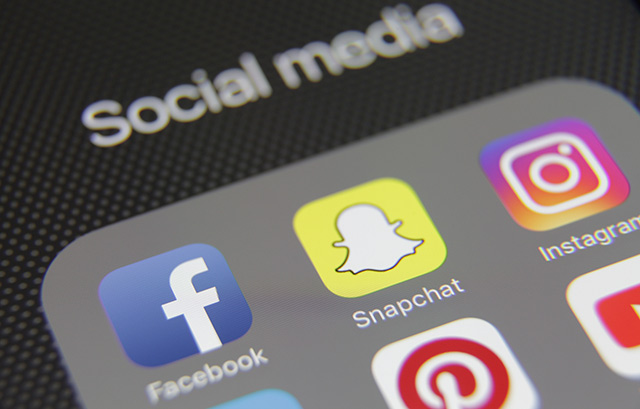 Social media and patient privacy: What happens at Texas Children’s, stays at Texas Children’s
Social media and patient privacy: What happens at Texas Children’s, stays at Texas Children’s
At Texas Children’s, we understand that social media can be a fun and rewarding way to share your life and opinions with family, friends, and coworkers. However, Texas Children’s workforce members must be mindful of the confidential and sensitive nature of information in our care. You may not share or discuss any protected information on social media.
What is social media?
Social networking and social media are online, public communication sites for users to interact, engage and share interests and activities. Commonly used sites include Facebook, Instagram, Twitter, LinkedIn, YouTube and personal blogs.
Risks of inappropriate sharing on social media
- Disciplinary action, up to and including termination
- Civil and criminal penalties for Texas Children’s and the offending workforce member
- Damage to Texas Children’s reputation
Common questions/scenarios
Can I post a picture of a patient/member on Facebook or Instagram?
No. Workforce members may not take or post photos/videos of patients/members for personal purposes.
Can I post a picture of a patient/member on Facebook or Instagram if the patient/member or the family tells me it is okay?
No. Remember, you are only allowed to take pictures of patients/members if you have a legitimate work purpose, such as for care and treatment purposes. It makes no difference that you had the patient’s/member’s or family’s approval.
A patient/member or family send me a friend request on Facebook. Can I accept it?
No. Per Texas Children’s “Acceptable Use of Social Media” Policy, workforce members acting in their official job duties should not interact with patients/members or their families using social media sites or personal email addresses.
A patient (or patient family) creates a public Facebook fan page. May I “like” and “follow” the public page?
Yes, but exercise caution. You may not share any protected information; this would include references to professional interactions. For example, it would not be appropriate to post, “I am so glad everything is going well. You look so much better than the first time you came to clinic.”
Can I make a statement that references a patient/member if I don’t mention a name?
No. Any information, including descriptions of events or situations that can be used to re-identify a patient/member is protected information. You may not share or discuss any protected information on social media.
It’s a slow day at work, and an employee decides to make a Facebook Live video while sitting at her desk. She works at the front desk of a clinic. Is this okay?
No. Our work environments contain sensitive, protected information (computer screens, patient lists, etc.). It is not appropriate to take pictures or video in an area that contains protected information.
Key take-aways
- Never take unofficial or personal photographs, videos, or audio recordings of patients/members in our care
- Never post patient/member information (including photographs, videos, audio recordings, or statements that refer to a patient/member) on any social media sites
- Any unauthorized disclosure of patient/member information – including photographs – constitutes a violation of patient privacy rights and is in violation of our organization’s privacy policies and procedures
Remember, if you see something that you believe to be unethical or illegal, Texas Children’s Code of Ethical Behavior requires that you report the concern.
Applicable policies and procedures
Acceptable Use of Social Media
Handling of Confidential and Proprietary Information Policy
Handling of Confidential and Proprietary Information Procedure
Patient Photography Policy
Patient Photography Procedure
Use and Disclosure of Protected Health Information Policy
Use and Disclosure of Protected Health Information Procedure

